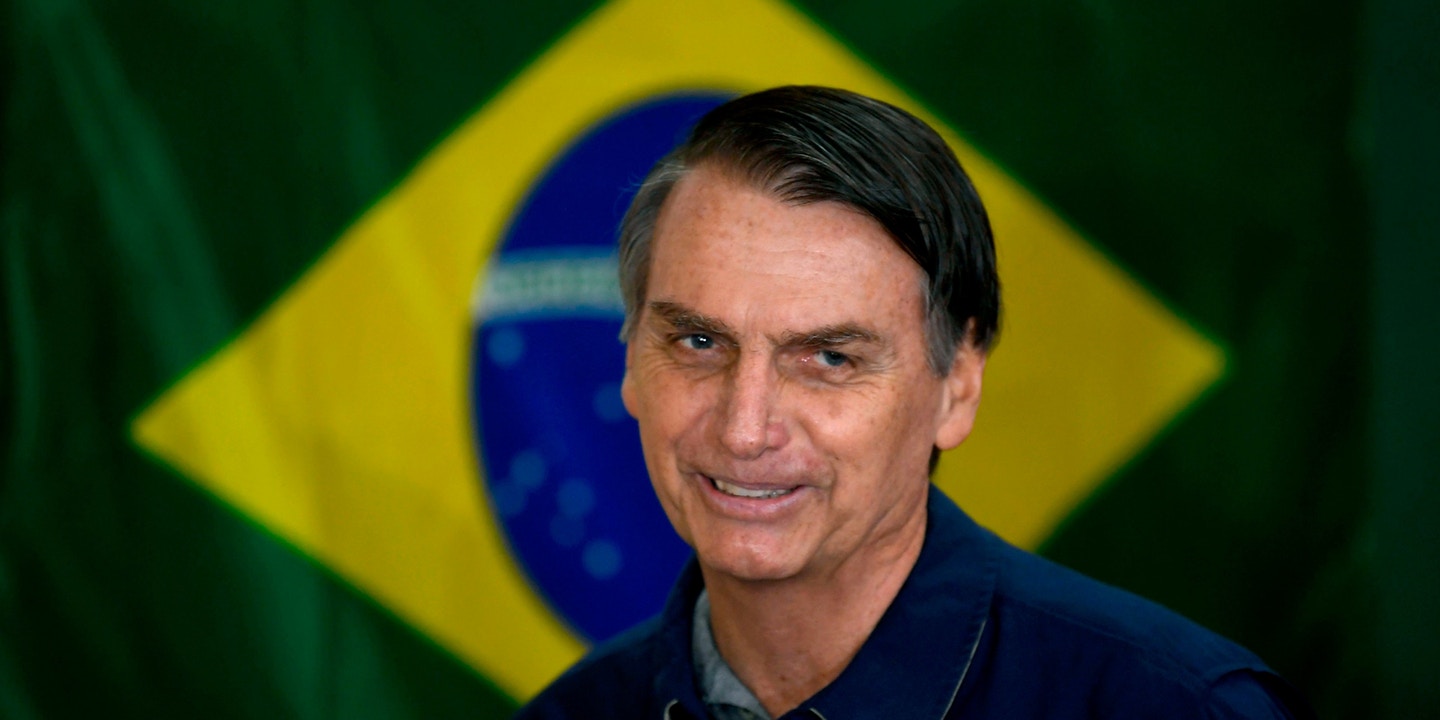On Oct. 28, Brazil elected a new president. Jair Bolsanaro, a former army captain and the candidate of Brazil’s Social Liberal Party. He has been noted for his far-right views and even compared to Donald Trump by the New York Times. This election is notable for Brazil, a country that has traditionally elected left-leaning politicians since the removal of a military dictatorship in 1985.
Elections were particularly contentious this year, with Bolsanaro and opponent Fernando Haddad leading the field. Haddad ran under the ticket of the leftist Worker’s Party, the country’s former leadership. Amidst the election, political violence has risen, particularly among individuals supporting Bolsanaro. Recently, police groups raided universities across the country, confiscating materials related to fascism, the merits of public universities and democracy.
Bolsonaro is a hardline member of the far-right, bordering on the fascistic. Recently, Bolsonaro promised to take land away from indigenous reservations and suggested opening up large portions of the Amazon rainforest for actions like logging and mining. In regard to social issues, Bolsanaro has stated that he “would be incapable of loving a gay son,” told a female colleague in Congress that she was “not worth raping,” and that the poor are “not prepared to receive education.”
The president-elect has come out in favor of the former dictatorship’s militaristic approach to rule. In addition, Bolsanaro has proclaimed that he is pro-torture and that police officers should not be prosecuted for killing alleged criminals in the line of duty. It is highly due to these stances on crime that Bolsanaro became so popular.
Crime is currently one of the largest issues facing Brazil. Approximately 175 people are murdered every day. Drug-running gangs have surged in power as of late, particularly among borders with neighboring Colombia, Peru and Bolivia. The four countries are central producers and distributors in the international cocaine trade. Other more minor crimes such as carjacking, robbery and burglary are common as well. On a governmental level, corruption is rife. Brazil’s former president Lula, a member of the Worker’s Party, was barred from the election and has been jailed for a year due to charges of bribery and corruption. Crime on all levels continues to rise and current methods of reducing crime have proven ineffective.
Bolsanaro’s shift towards a more militaristic government may have a pronounced effect on crime, but it may also worsen violence in a country already drenched in it. Indeed, the new president’s views on marginalized groups like women and the LGBTQ+ community may cause a rise in hate-related violence. However, Bolsanaro is not immune to the public voice, as he recently rescinded a promise to withdraw from the Paris Accords on climate change. As far-right governments rise across the world, one must wonder the place of the American citizen in combating it.



